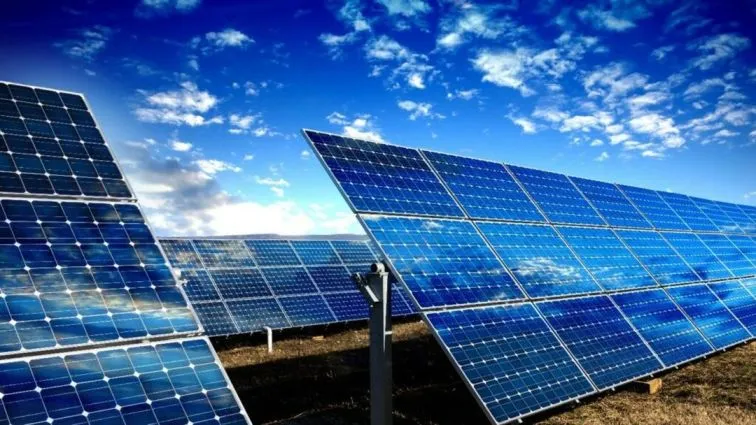President Joseph Boakai has issued Executive Order No. 152, suspending import tariffs on a broad range of off‑grid solar renewable energy products as part of a push to accelerate private investment and expand access to clean electricity—particularly in rural areas.
The tariff suspension, which replaces the expired Executive Order No. 134, covers off‑grid lighting and electrification systems, standalone photovoltaic components, batteries, panels, control units and other technologies deemed critical to rural development and energy system integrity.
Importers will still be required to pay Customs User Fees (CUF) and, where applicable, the ECOWAS Trade Levy (ETL).
Under the order, companies must be registered with the Rural and Renewable Energy Agency (RREA) and ensure products are certified by the National Standards Authority (NSA).
Officials say the certification requirement is intended to protect consumers and safeguard system performance by keeping low‑quality imports out of the market.
President Boakai framed the move as a means to lower costs for consumers, attract investment and expand reliable electricity supply to households, businesses and institutions across the country. “Clean and affordable energy is central to our development agenda.
By removing barriers to importation, we are creating opportunities for Liberians to access renewable energy solutions that improve livelihoods, power businesses, and strengthen our economy,” he said.
The measure merges with larger donor‑backed investments in Liberia’s power sector.
The World Bank Group has approved a second disbursement of US$45 million for the Renewable Energy Solar Power Intervention Project (RESPITE), part of a US$96 million program that includes the country’s first 20 MW solar PV plant and an expansion of the Mount Coffee hydropower plant from 88 MW to 129 MW.
Construction is already underway on the 20 MW utility‑scale solar facility in Harrisburg, Montserrado County, at the Mount Coffee site.
At the project’s groundbreaking, President Boakai thanked multilateral partners including the African Development Bank, European Union, European Investment Bank, the United States, Japan, KfW and the West African Power Pool for their support.
For the private sector, the tariff suspension lowers an upfront cost barrier for developers, distributors and equipment suppliers and could stimulate a faster rollout of off‑grid solutions in underserved areas.
However, market observers say success will depend on effective enforcement of quality standards, streamlined customs procedures, and complementary financing for end users and local installers.
Liberia had just 3 MW of installed solar capacity at the end of 2023, according to the International Renewable Energy Agency (IRENA). With the new policy and planned investments, the government aims to close that gap and strengthen the country’s energy infrastructure after years of war‑damaged systems and limited grid reach.


